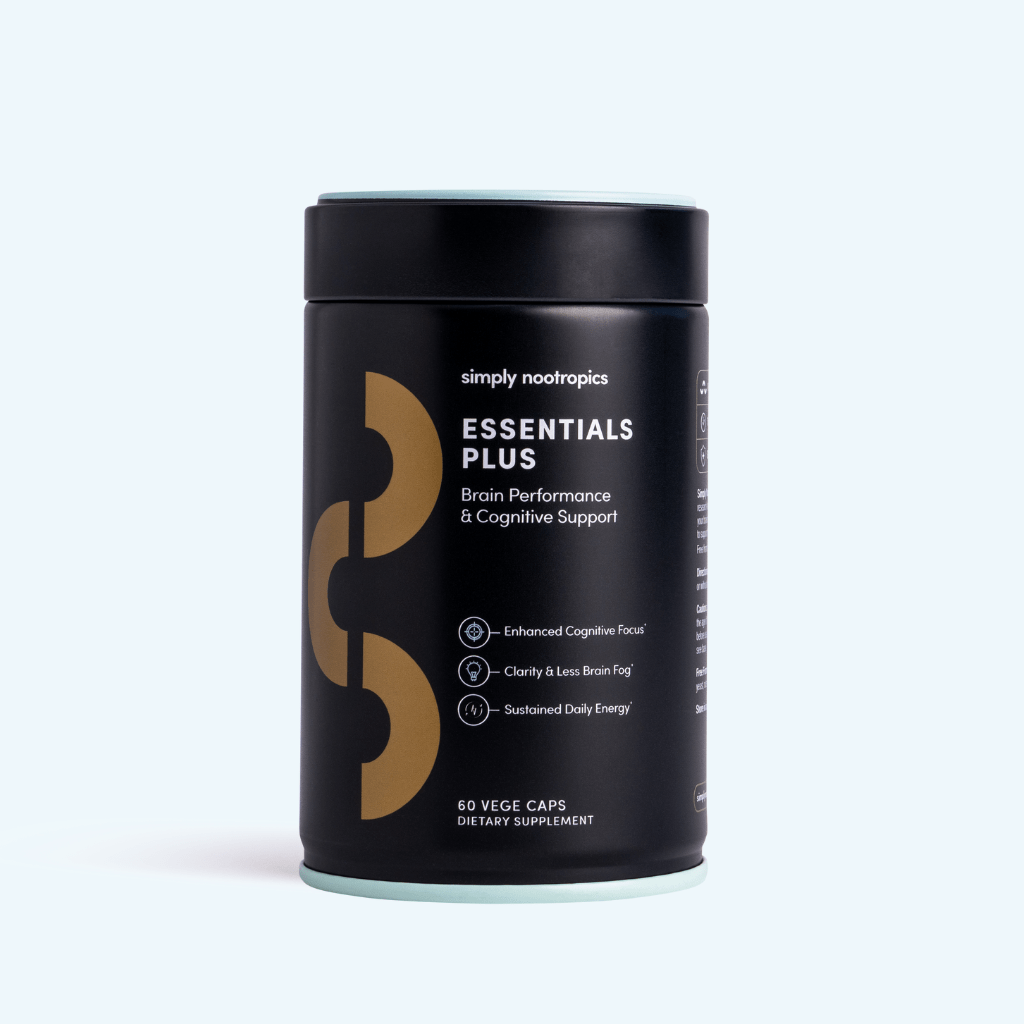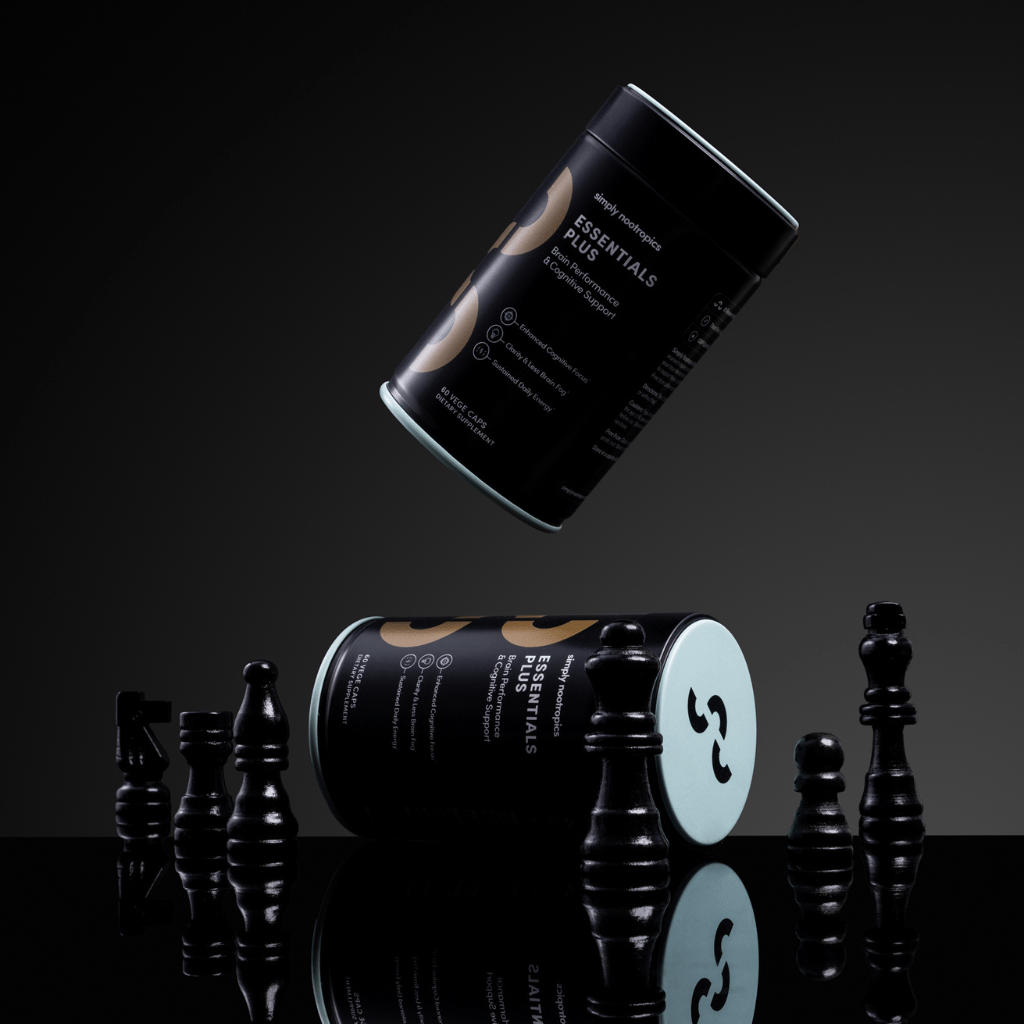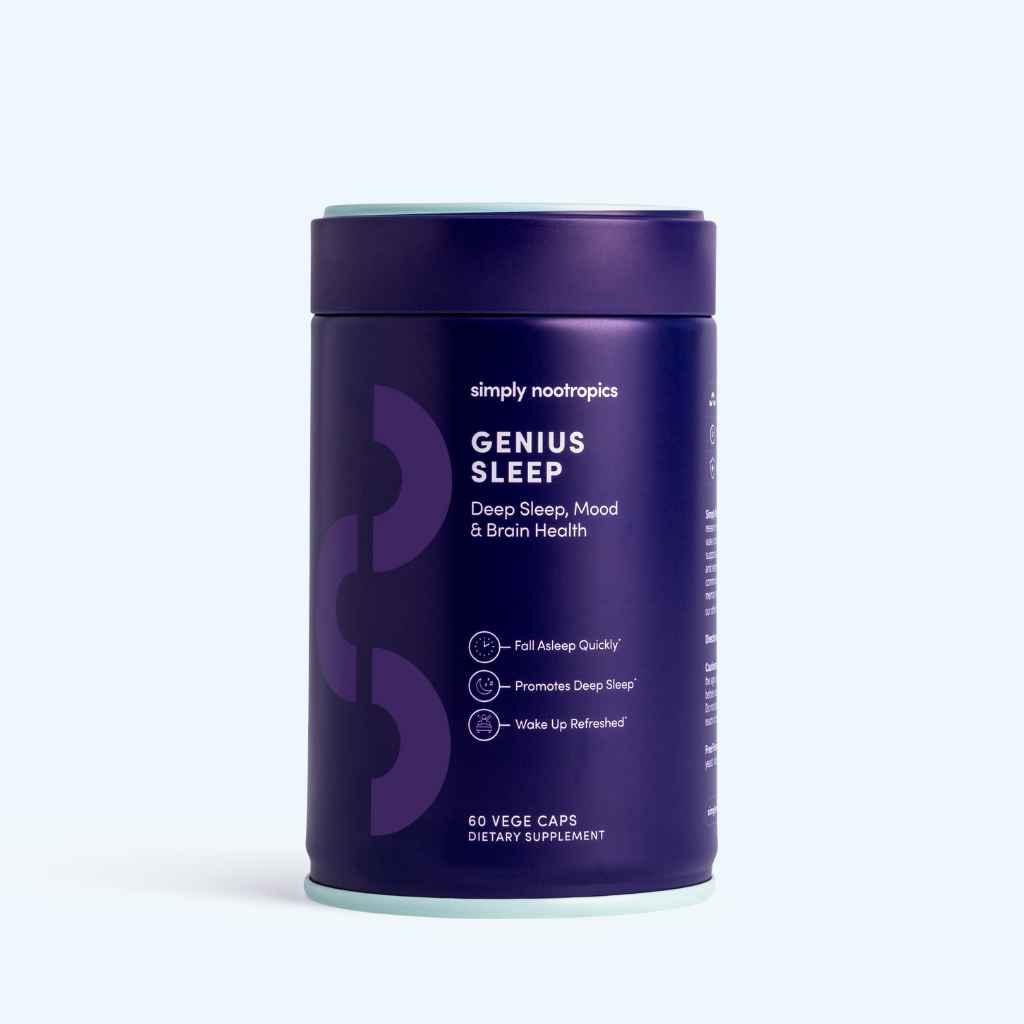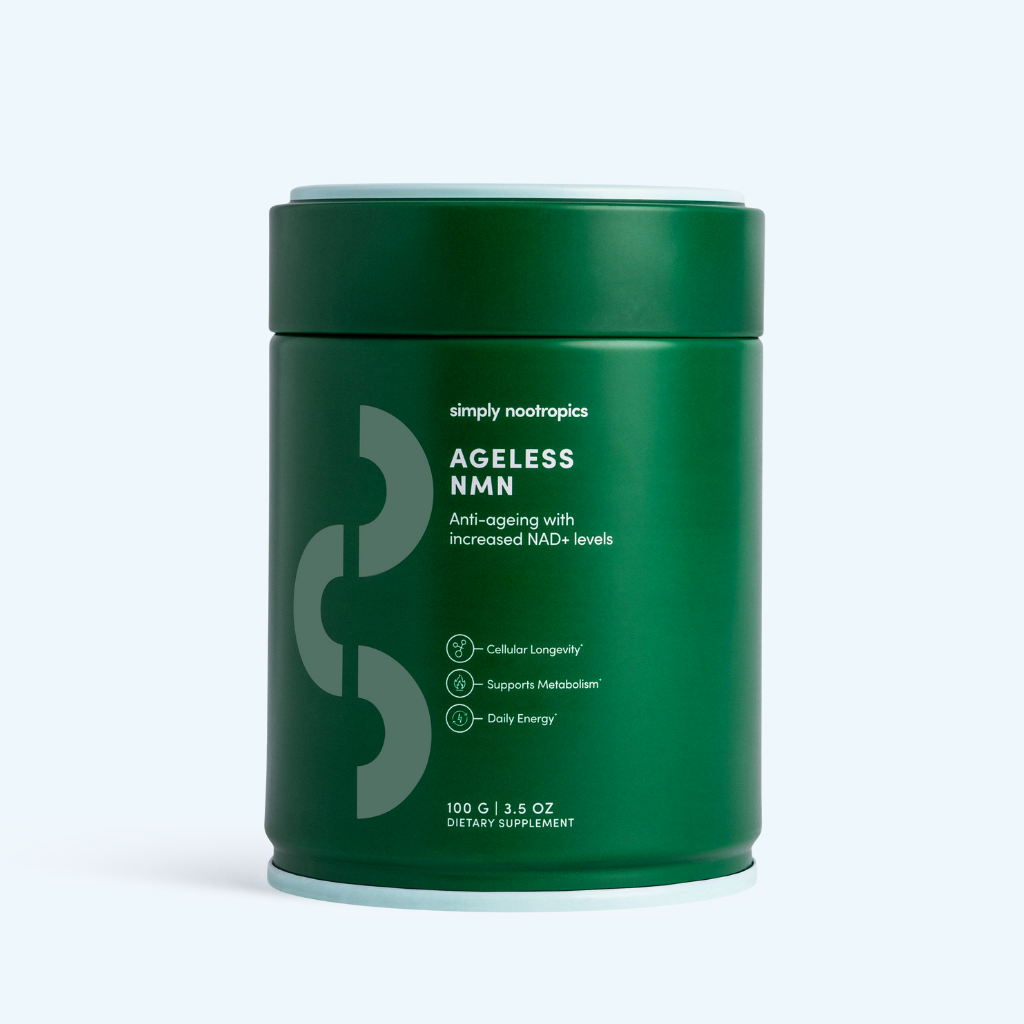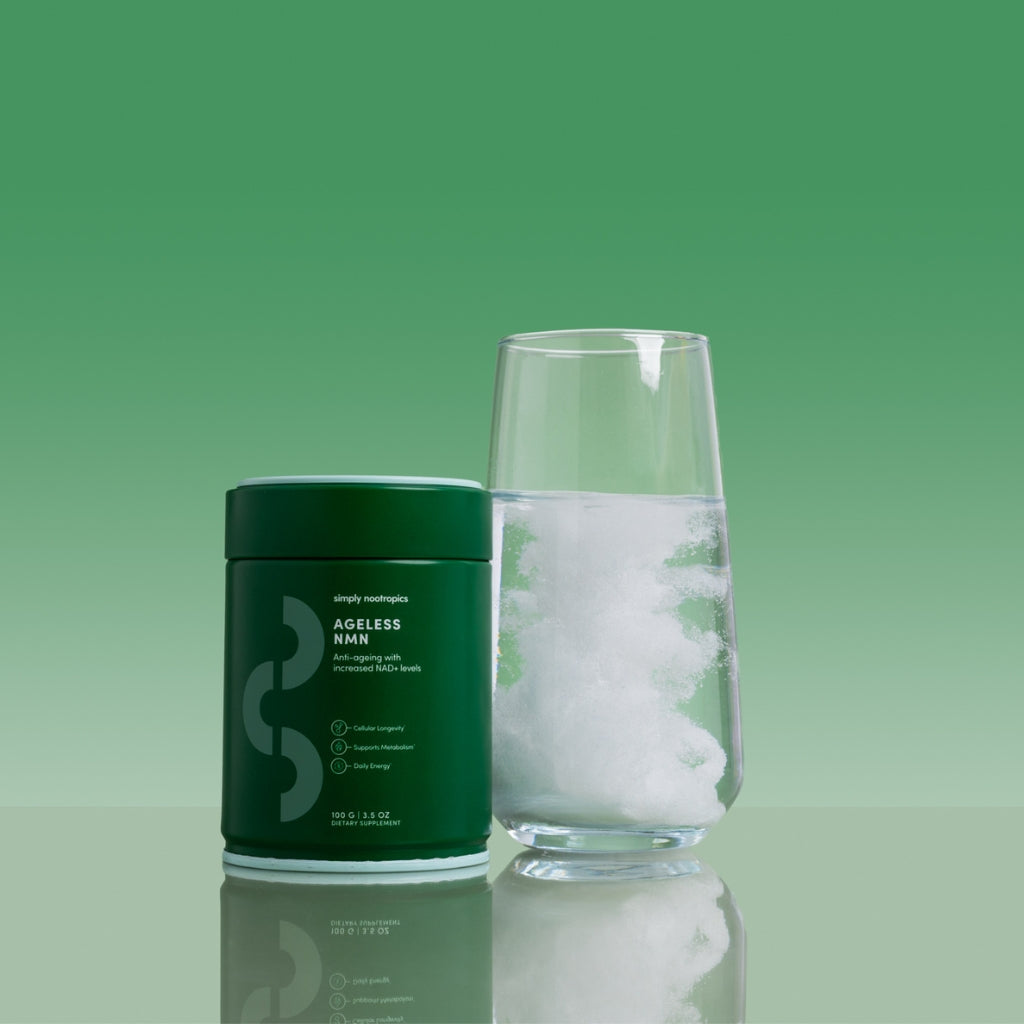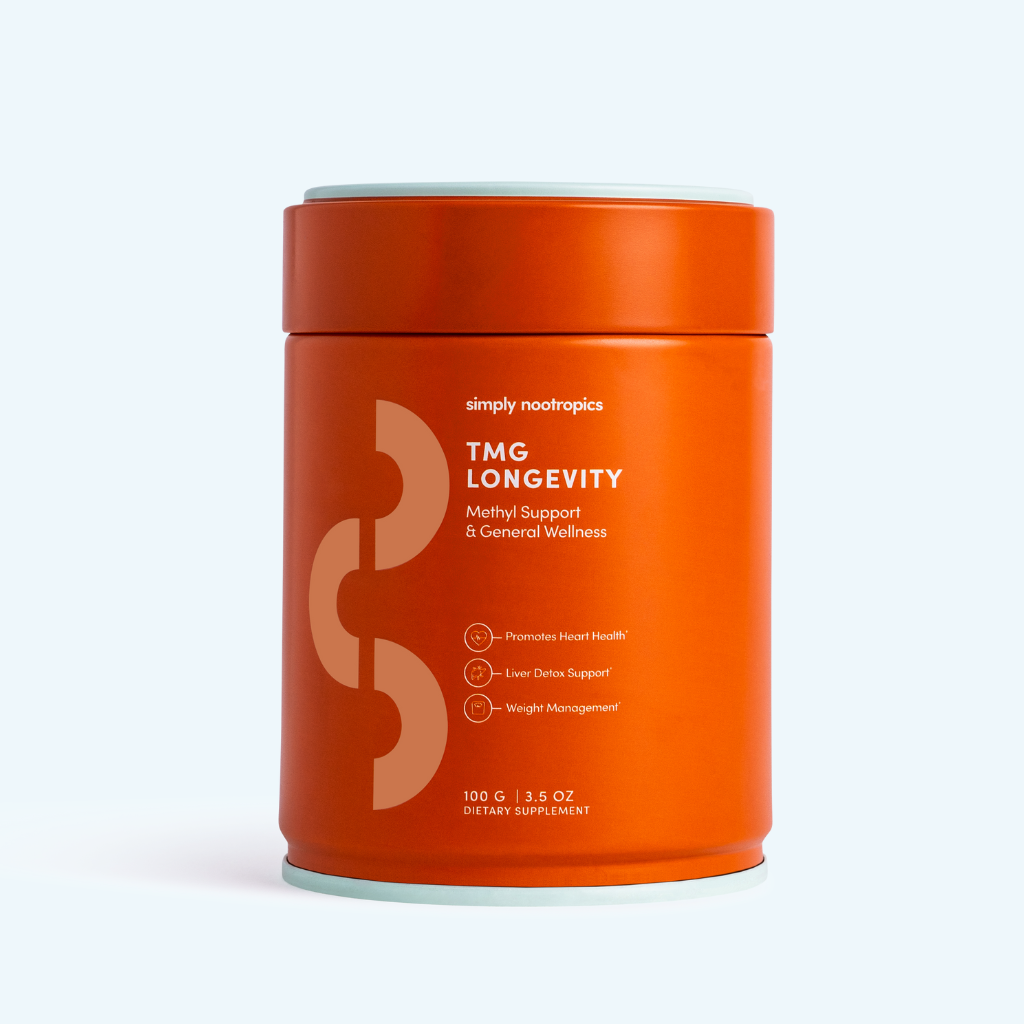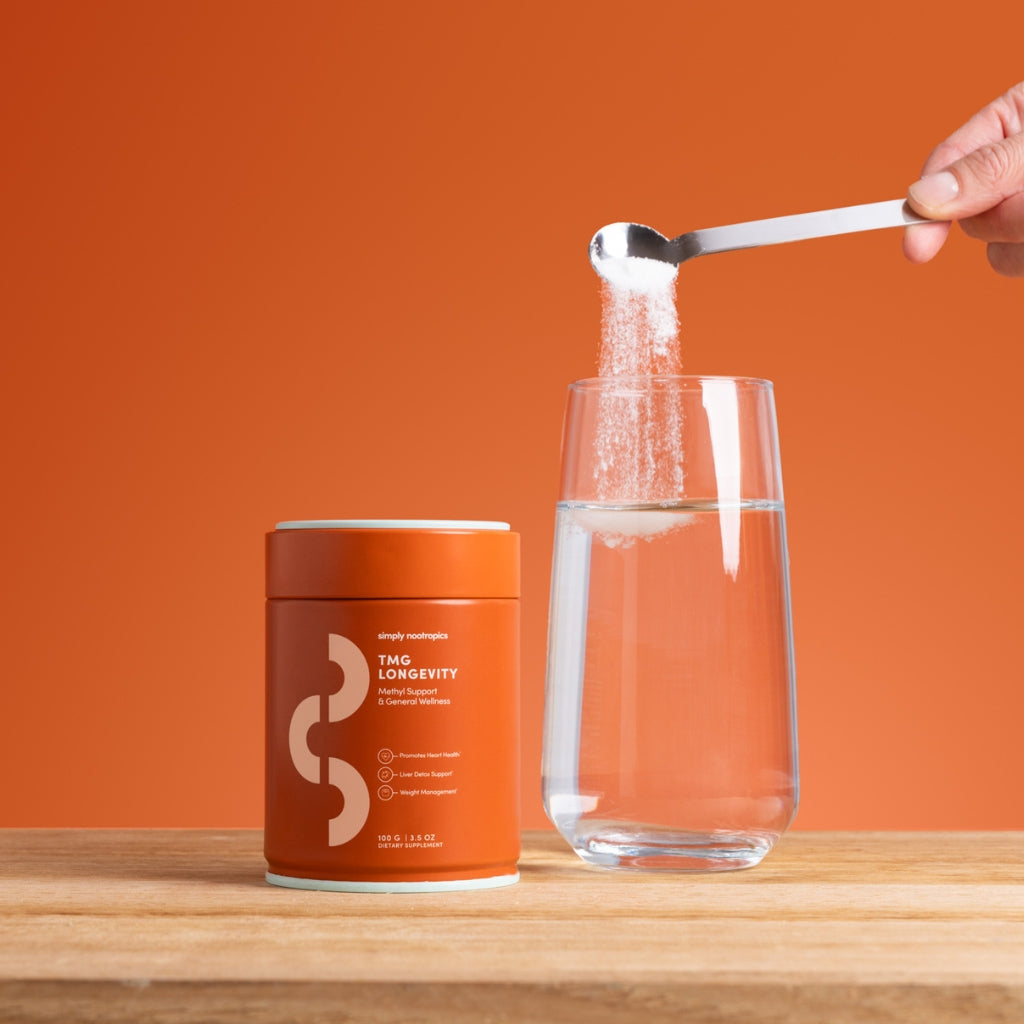It’s a frustrating paradox: the more exhausted you feel, the harder it is to sleep. You close your eyes, your body’s tired, but your brain is running laps, replaying conversations, planning the next day, spiralling through worst-case scenarios. You’re wired but tired, a state most of us know all too well.
But why does this happen? Why can’t you just switch off when your head hits the pillow? The short answer is: stress messes up with your brain’s chemistry. The longer answer involves cortisol, GABA, adrenaline, and a nervous system that’s stuck in “go” mode when it’s supposed to be in “rest and repair.”
Understanding the biology behind stress-induced insomnia opens up real, actionable ways to reset the balance, without sedatives or sleep hangovers.
The Stress–Sleep War
Restorative sleep isn’t passive. It’s not something your brain just defaults to when it runs out of things to do. It’s an active shift in neurochemistry, a downshifting of certain systems, a handover of control from your sympathetic (fight-or-flight) nervous system to your parasympathetic (rest-and-digest) system. But when you’re stressed, that handover doesn't happen smoothly. Instead:
-
Cortisol stays elevated, keeping your brain on high alert
-
Adrenaline and noradrenaline keep circulating, even if you’re not in danger
-
GABA (gamma-aminobutyric acid), the main calming neurotransmitter, gets drowned out
That last point is key. When GABA activity is low, your neurons fire too easily. You stay tense, alert, and over-stimulated, even in the absence of an external threat.
GABA: The Brain’s Off Switch
If glutamate is the brain’s gas pedal (exciting neurons and stimulating activity), GABA is the brake. It slows down firing, calms mental chatter, and helps your brain shift into a low-stimulation mode that allows for rest, repair, and eventually restorative sleep.
Without enough GABA, or when your brain’s GABA receptors aren’t responding well, you end up overstimulated, irritable, and unable to relax into sleep.
And unfortunately, chronic stress depletes or dysregulates GABA, especially when it becomes your body’s default setting.
Why You Can’t Just “Think Your Way Out” of Stress
Mindfulness, deep breathing, and gratitude journals are fantastic tools. But they rely on you to manually override your nervous system, and sometimes that’s just not enough.
That’s where biochemistry comes in. Certain nutrients, amino acids, and botanicals can support the actual systems that regulate the stress-sleep connection:
-
Boosting GABA levels or receptor sensitivity
-
Modulating cortisol rhythms
-
Promoting the production of calming neurotransmitters like serotonin and melatonin
-
Activating the parasympathetic nervous system
This is the internal infrastructure your body wants to rely on, it just needs support when chronic stress has worn the system down.
Let’s look at the most evidence-backed ways to do that.
Nutrients That Calm an Overactive Brain
1. Reishi Mushroom
Reishi (Ganoderma lucidum) isn’t sedating in the traditional sense, but it’s one of the best-known adaptogens, helping the body recalibrate to both acute and long-term stress.
It interacts with the hypothalamic-pituitary-adrenal (HPA) axis, the system responsible for your cortisol release, and encourages a more balanced stress response. Long-term, it’s been shown to:
-
Lower levels of inflammatory cytokines
-
Modulate sleep cycles
-
Improve deep, non-REM sleep quality
In other words, Reishi doesn’t just knock you out, it teaches your body how to recover.
2. Passionflower Extract
Passionflower doesn’t contain GABA, but it enhances the brain’s response to it. It works by binding to GABA-A receptors (the same ones targeted by many prescription sleep medications) and amplifying the calming effect of GABA already in your system.
It’s particularly helpful when stress creates racing thoughts or a “looping” mental state at night. In clinical studies, passionflower has improved both sleep latency (how long it takes to fall asleep) and subjective sleep quality, without grogginess the next day.
3. Magnesium Bisglycinate
Magnesium plays a key role in over 300 enzymatic reactions, but when it comes to sleep, its effect on nervous system regulation is the most important one.
-
It helps GABA bind more effectively to its receptors.
-
It inhibits glutamate (the stimulating neurotransmitter).
-
It supports the parasympathetic nervous system.
And the bisglycinate form is especially gentle on the stomach and highly bioavailable, meaning more of it gets where it’s needed, in the brain.
4. L-Theanine
Found in green tea, L-theanine is known for promoting alpha brain waves, the same waves associated with a relaxed but alert mental state. It doesn’t make you sleepy, but it helps quiet background anxiety and prepare the mind for rest.
It also:
-
Increases GABA, serotonin, and dopamine
-
Lowers cortisol in stressful situations
-
Improves sleep quality when taken before bed
It’s perfect for that “wired but exhausted” state where your brain refuses to disengage.
5. L-Tryptophan + Tart Cherry
L-tryptophan is an amino acid that gets converted into serotonin, and then into melatonin, the hormone that governs your sleep-wake rhythm.
Tart cherry extract boosts this effect, as it naturally contains small amounts of melatonin plus compounds that enhance tryptophan metabolism.
Together, they work to re-establish your circadian rhythm, especially if it’s been disrupted by late-night screens, jet lag, or ongoing stress.
6. Zinc
Zinc is involved in neurotransmitter regulation and receptor sensitivity, especially for GABA and glutamate. It also supports neuroplasticity and may help reduce sleep fragmentation.
When stress depletes zinc (as it often does), your brain’s ability to shift into restorative states of rest is impaired. Supplementing can help re-establish calm, balanced signalling.
If you’re constantly stressed, restorative sleep doesn’t come easily, not because your body forgot how to rest, but because the systems that enable rest have been overwhelmed or depleted.
Instead of reaching for heavy sedatives or riding out another sleepless night, it’s worth supporting the biochemistry that was built to help you unwind.
That’s why we formulated Genius Sleep, a clinical-level sleep support formula designed for people who can’t sleep because their brain won’t turn off. It doesn’t just sedate, it supports:
-
GABA regulation with passionflower, magnesium bisglycinate, and L-theanine
-
Stress adaptation with reishi mushroom
-
Melatonin production with tryptophan and tart cherry
-
Cognitive repair with zinc and magnesium to support brain health while you sleep
Genius Sleep is gentle, non-habit-forming, and crafted to help your body do what it’s supposed to: unwind, repair, and wake up clear.



